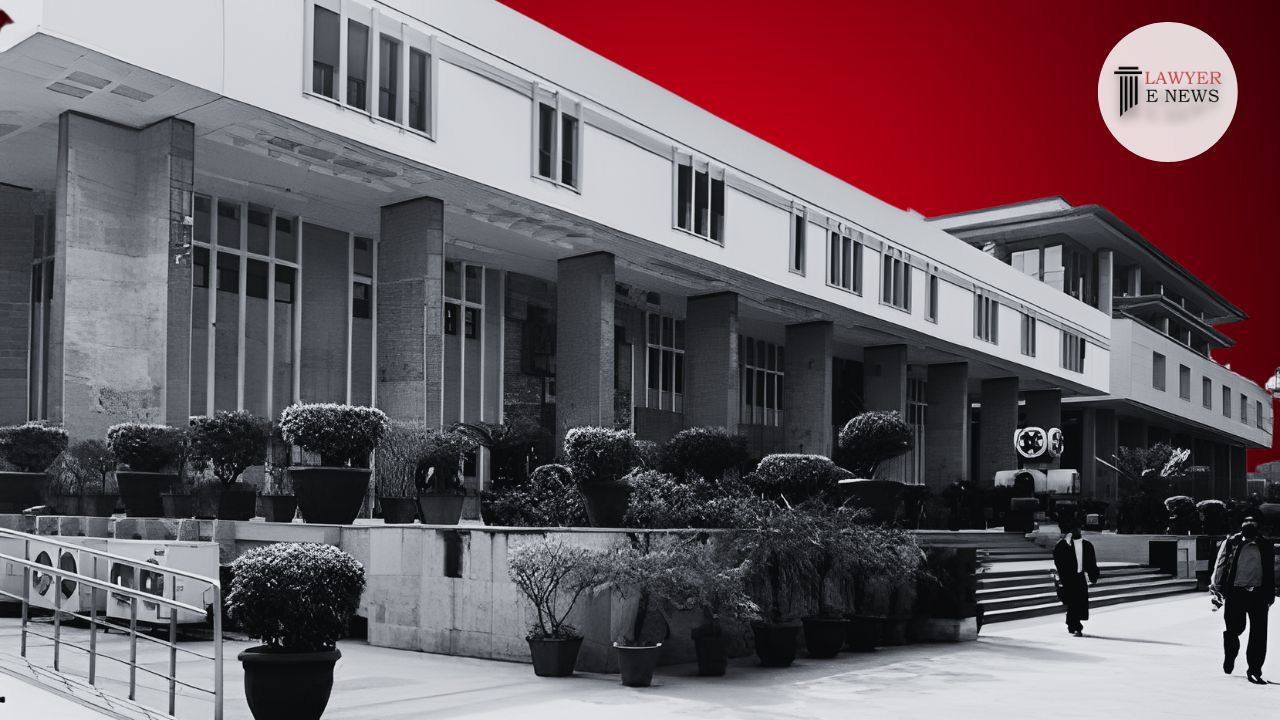-
by Admin
15 February 2026 5:35 AM



The Delhi High Court has quashed the Central Board of Secondary Education’s (CBSE) decision to withdraw the provisional affiliation of Chand Ram Public School. Justice C. Hari Shankar, delivering the judgment on May 22, 2024, underscored the importance of adhering to principles of natural justice, including the right to a hearing, before making such consequential decisions. This landmark ruling reinstates the school’s affiliation and highlights procedural lapses in CBSE’s actions.
Chand Ram Public School, the petitioner in the case, was granted provisional affiliation for secondary education by CBSE starting from April 1, 2011, with subsequent extensions to the senior secondary level until March 31, 2016. A surprise inspection conducted by CBSE on December 22, 2022, led to a show-cause notice being issued to the school on July 11, 2023, citing various violations. Despite the school’s response, CBSE withdrew its affiliation on March 22, 2024, prompting the school to appeal the decision. With no resolution from CBSE, the school approached the Delhi High Court, leading to the present judgment.
Justice C. Hari Shankar highlighted the necessity of strict compliance with the principles of natural justice. He cited the case of Mount Columbus School v. CBSE, emphasizing that decisions to withdraw school affiliations are extreme measures with significant repercussions for the institution, its staff, and students. Thus, they require scrupulous adherence to the principles of audi alteram partem, which mandates a fair hearing.
The judgment pointed out that the show-cause notice issued to Chand Ram Public School did not indicate the proposed penalty of withdrawal of affiliation. This omission deprived the petitioner of an opportunity to adequately respond to the potential consequences, thus violating principles of fair play.
“Compliance with the audi alteram partem requirement is, therefore, non-negotiable. In rare cases, and where administrative exigencies or considerations of expedience absolutely proscribe the grant of a pre-decisional hearing, an immediate post-decisional hearing may suffice,” stated Justice Hari Shankar.
Justice Shankar referred extensively to previous rulings, reinforcing that any decision with significant civil consequences necessitates a pre-decisional hearing unless explicitly exempted by statute. He argued that the absence of such a hearing in this case rendered CBSE’s decision untenable.
The court also acknowledged scenarios requiring urgent action but maintained that these should be immediately followed by a post-decisional hearing to uphold natural justice principles. The lack of both pre and post-decisional hearings in CBSE’s process was a critical factor in the court’s decision to quash the withdrawal order.
“The impugned order withdrawing provisional affiliation of the petitioner, and the order dated 7 May 2024 rejecting the appeal filed by the petitioner thereagainst, stand quashed and set aside. The provisional affiliation granted to the petitioner stands restored,” ruled Justice Hari Shankar.
“The decision to disaffiliate an educational institution is an extreme decision. It amounts to civil death... It is a decision to be taken, therefore, in the most extreme of cases, and after rigorous and scrupulous adherence not only to the procedure stipulated in that regard but also independently with the principles of natural justice and fair play,” emphasized the court.
The Delhi High Court’s ruling in favor of Chand Ram Public School underscores the judiciary’s commitment to upholding procedural fairness in administrative actions. By restoring the school’s provisional affiliation, the judgment sends a strong message about the necessity of natural justice and the importance of a fair hearing in decisions affecting educational institutions. This ruling is expected to have a profound impact on future administrative processes by CBSE and similar bodies.
Date of Decision: May 22, 2024
Chand Ram Public School vs. Union of India & Ors.
